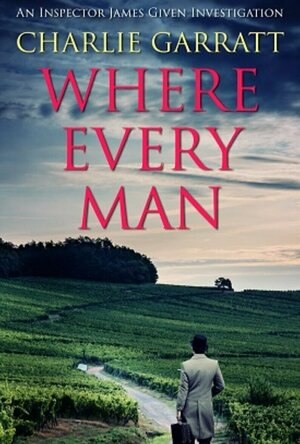
Where Every Man (Inspector James Given #4)
Book
James Given must investigate another murder in wartime France! Perfect for fans of Agatha Christie,...
Historical Fiction World War II France

The Turncoat's Widow
Book
Recently widowed, Rebecca Parcell is too busy struggling to maintain her farm in Morristown to care...
Historical Fiction Suspense Mystery

Chained Hearts (Sentries #3)
Book
Todd and Nick Ruger are on the run after narrowly escaping the war in New Colorado, where they were...
MM Science Fiction Romance

Dragon Equinox (Immortal Dragons Book 6)
Book
The Haven is consumed by war. The Source has been compromised. Only Numa, an immortal dragon, can...
reverse harem romance paranormal fantasy fiction adult

The Queen's Scribe (Sea and Stone Chronicles)
Book
A broken promise. A bitter conflict. And a woman’s elusive chance to love or die. 1458. Young...
Historical Fiction Royal History
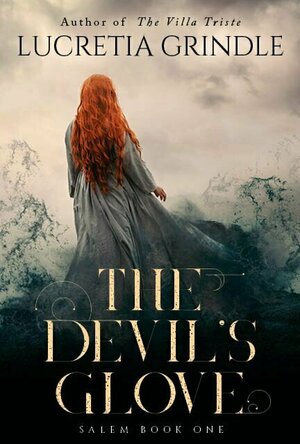
The Devil's Glove (Salem #1)
Book
Northern New England, summer, 1688. Salem started here. A suspicious death. A rumor of war....
Historical Fiction Salem
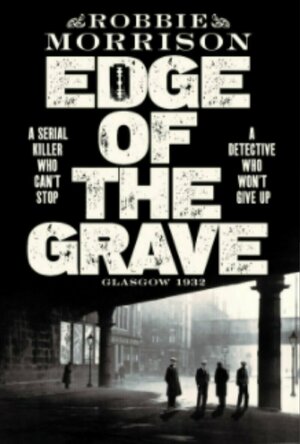
Edge of The Grave
Book
Winner of The Bloody Scotland Crime Debut of the Year Shortlisted for the McIlvanney Prize for...
Historical fiction Suspense Scotland
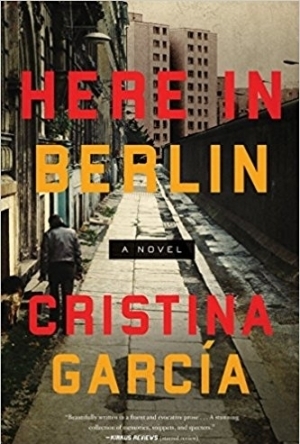
Here in Berlin: A Novel
Book
Long-listed for the Andrew Carnegie Medal for Excellence A New York Times Book Review Editor's...
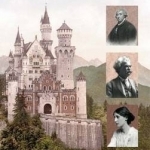
Germany: Beyond the Enchanted Forest: A Literary Anthology
Book
'German military figures had a certain terrifying glamour,' wrote Patrick Leigh Fermor, recalling...
With the Night Mail: Two Yarns About the Aerial Board of Control
Bruce Sterling, Rudyard Kipling and Matthew De Abaitua
Book
"SHE: Do you like Kipling? HE: I don't know, I've never Kippled!" If you've never read Rudyard...
